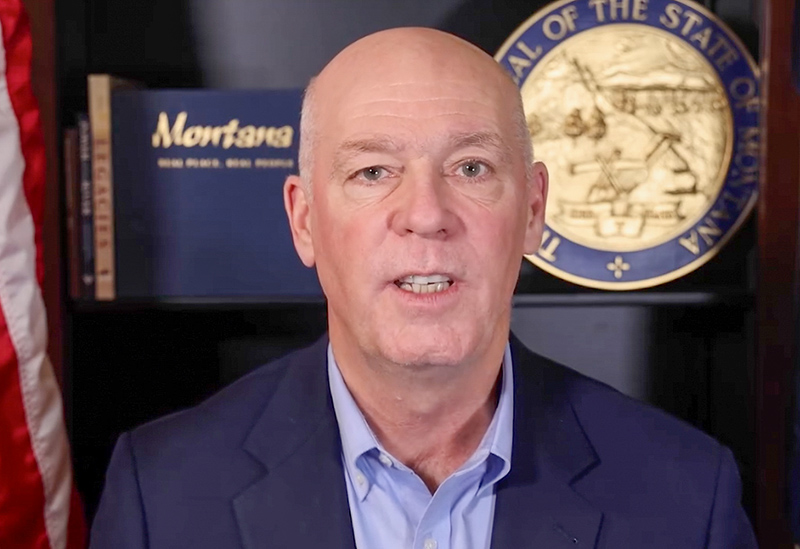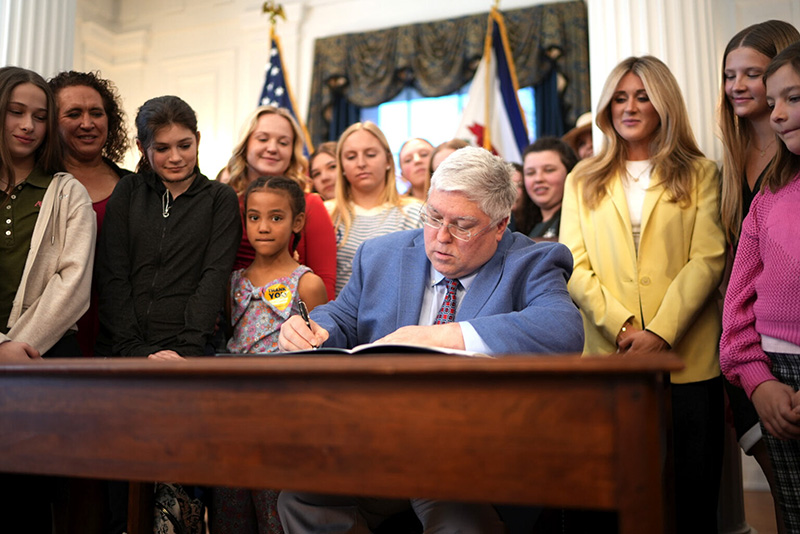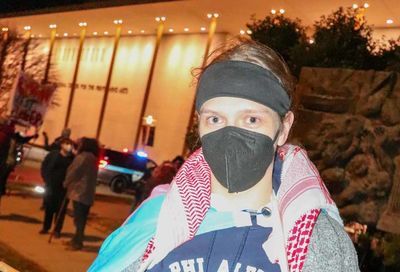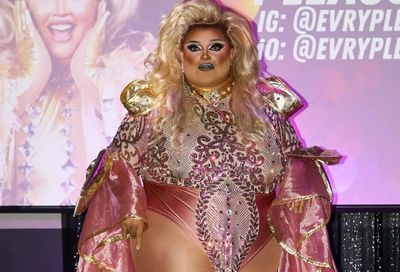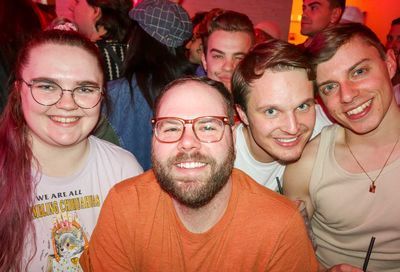Street Wise
Cyndee Clay constantly walks the intersection of society and sex, survival and discrimination in an effort to uncover the humanity hidden by stigma
MW: Is it difficult for sex workers to have a voice in the discussion?
CLAY: It’s incredibly difficult. They get dismissed. We’ve found that when people come testify or come out as sex workers, they tend to get harassed a lot. It can have really far-reaching implications in other aspects of their lives. It’s really hard and really scary to have people stand up and talk about the real impact the zones have had on their lives, specifically sex workers. The laws are bad not just for sex workers, but for people of color and trans people, because those are generally the individuals who get targeted most by police and neighborhood individuals during the time a zone is set up. We’re against it not just because it’s bad for sex workers, but also because it’s bad community profiling in general.
MW: Has the transformation of the Metropolitan Police Department’s (MPD) Gay and Lesbian Liaison Unit (GLLU), moving from a central force to more dispersed training, had much impact on HIPS’s clients?
CLAY: There are great members of the GLLU who are trying to pick up the great work that [former GLLU head, Sgt.] Brett [Parson] was doing, but I don’t think they have the resources.
From a bird’s-eye perspective, I understand what police leadership is trying to do, in the sense that every officer in our city should be trained and capable of dealing with the LGBTQ community, right? I would hope that we don’t have homophobic or racist or transphobic police officers on the force at all. The sad fact is that’s just not the world we live in, and it’s not realistic. During the time that Brett had the resources and was leading the GLLU, I felt like we were making some serious inroads to getting crimes against the community reported, and to having somebody the community trusted to take them seriously. Things have been harder since the decentralization.
MW: How would you characterize the relationship today between HIPS and the GLLU? Between HIPS and MPD?
CLAY: That’s always a complicated relationship. [Laughs.] Very complicated, to say the least. We have officers we work fabulously with, who we can tell care and are super interested in both crimes against the community, crimes against sex workers and doing due diligence, making sure these victims aren’t pushed aside. Then there are officers [for whom] the individuals that HIPS works with are often, under the law, viewed as criminals, and criminals have to be punished. What they’re doing is illegal, and so the police just have to do their job.
One of the things HIPS is trying to do is take a step back and change people’s thinking from the knee-jerk reaction – ”Let’s get the prostitutes off the streets. Let’s get more law enforcement to tackle this problem.” – to the unintended consequences of those positions and those laws. Let’s address some root causes. Residents are concerned about things like trash and traffic. These are issues we can deal with. And we can deal with them without putting people in jail.
We’re really there to protect people’s health and not to make judgments about whether they should or shouldn’t be there, because that’s the first step in gaining people’s respect and starting the conversation about changes they want to make in their lives. So it puts us [and the police] at cross purposes sometimes, like when the van gets pulled over and told we should move out of an area.
MW: Under what rationale would your van be told to move?
CLAY: What we hear most of the time is that is that if HIPS isn’t in the area, sex workers won’t be in the area.
MW: Like you’re the Pied Piper for sex workers?
CLAY: Potentially. If that was the case, then I would put my van out in front of my office at 3 o’clock in the afternoon. It would be so much easier. [Laughs.]
But if you want to reach highly marginalized populations who aren’t accessing other services, who are only going through this cycle of arrest and incarceration, then not having access to jobs because of they’ve got a criminal history, you need to reach out. Or people cycling through drug-treatment programs that aren’t working or aren’t culturally competent. You need to be there to do the work that needs to be done in order to help provide services the rest of us kind of take for granted.
MW: Has the work changed much during your years with HIPS? Has HIPS changed?
CLAY: We have definitely grown. We’ve definitely re-envisioned our work a couple times over the years.
When HIPS was formed, we were designed very specifically as a targeted outreach program designed to get young women, specifically, off the streets. In 1996 and ’97, we sat down and realized that our mission of getting people off the streets was actually getting in the way of us being effective. People were like, ”I don’t think I’m really ready to get off the streets, so I’m not going to HIPS yet.” While we were very nonjudgmental in a lot of our outreach, the explicit stated mission was turning some people off. We also realized there were a lot of other groups who were affected by prostitution and sex work that weren’t included in the scope of our work, primarily the trans community that we were already serving out in the streets, and LGBT youths, particularly young men kicked out of their homes. There were also a lot of individuals during that program shift who either had done sex work in situations that weren’t necessarily exploitative, but that actually worked for them under those circumstances.
So we did kind of go through a mission shift to where we are now, which is very harm-reduction oriented, nonjudgmental, client-centered and empowering. We start with people’s strengths and build on them, as opposed to putting a judgment on exactly what they should do with their lives.
MW: We’ve spoken about identity before, but I don’t know how you identify.
CLAY: If I was going to identify with a community, I would definitely identify more with the queer community. I’ve formerly identified with the bisexual community, a community that doesn’t get talked about a lot. I’ve always been comfortable standing across the line of definitions, questioning why we have these definitions. Radically defining my sexuality in a box hasn’t ever been really helpful in my life.
MW: When I look at the intersection of sexual orientation and sex work, beyond discrimination and survival sex, I see a similar argument for having sovereignty over one’s body. That argument may have more in common with reproductive choice, though. Are there linkages I’m missing?
CLAY: I don’t think you’re necessarily missing something. There’s a lot of stigma. Even members of the gay community who are doing erotic massage or who are escorting, the stigma and isolation they face is real.
The laws and the attitudes and the stigma used against sex workers right now, the way we’re addressing this population, is not so different than the way the LGBTQ community was targeted in the past, and even today.
MW: Different era, same societal buttons?
CLAY: Exactly. If anybody can understand the constant fear of people looking into the intricacies of your personal life or figuring out who you’ve had sex with or why you’ve had sex with someone, I think our community can understand what that’s like, in a way that it’s now being done to people who do sex work.
For more information about Helping Individual Prostitutes Survive, call 202-232-8150 or visit hips.org.
Support Metro Weekly’s Journalism
These are challenging times for news organizations. And yet it’s crucial we stay active and provide vital resources and information to both our local readers and the world. So won’t you please take a moment and consider supporting Metro Weekly with a membership? For as little as $5 a month, you can help ensure Metro Weekly magazine and MetroWeekly.com remain free, viable resources as we provide the best, most diverse, culturally-resonant LGBTQ coverage in both the D.C. region and around the world. Memberships come with exclusive perks and discounts, your own personal digital delivery of each week’s magazine (and an archive), access to our Member's Lounge when it launches this fall, and exclusive members-only items like Metro Weekly Membership Mugs and Tote Bags! Check out all our membership levels here and please join us today!




